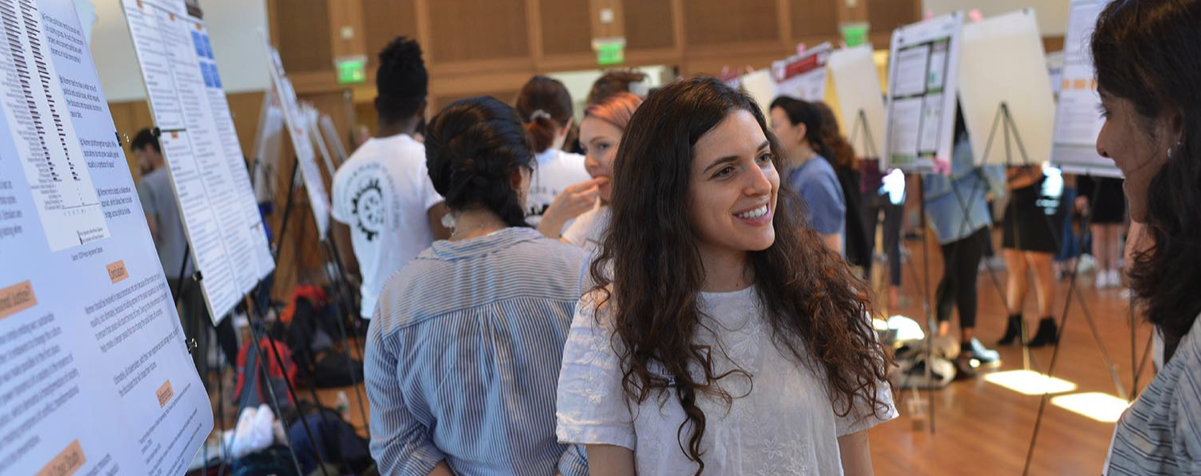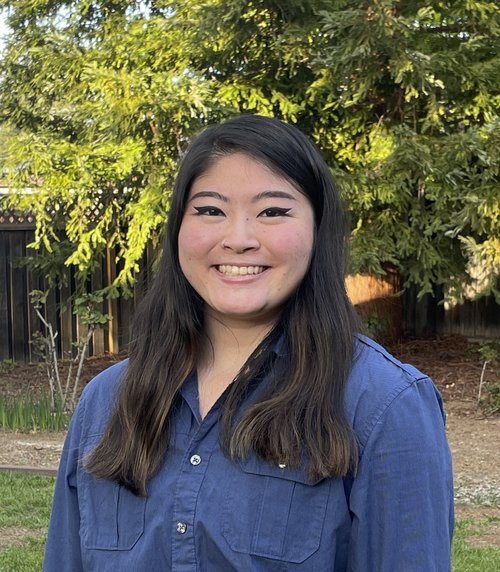Faculty Sponsor: Royette T. Dubar, Ph.D.
Live Poster Session: Zoom Link
Abstract: Marginalized students already face additional challenges and opportunities when transitioning to college, and were additionally impacted by the COVID-19 pandemic, which affected marginalized groups disproportionately. The goal of the current study was to explore turning point life experiences among a sample of emerging adults during the COVID-19 pandemic. Participants were university students who identified as a member of at least one sociodemographic minority group in the U.S. and were recruited as part of a larger longitudinal qualitative study, “Share Your Voice”. Participants responded to the following open-ended question, as part of an online interview at the end of their 2nd and 4th semesters at university: “Think back on your previous year at Wesleyan. Please describe an experience that stands out as a turning point. This is an event or experience that marked an important change in your life. It can be an experience from any area of your life… academics, relationships, work, family, extracurricular activities, etc.” Qualitative analyses were based on process coding and thematic analysis. Results revealed 6 emergent themes: “Navigating Interpersonal Relationships,” “Developing Self-Focus, Self-Appreciation and Personal Values,” “Changing Behaviors and Taking New Actions,” “Feeling Emotionally Overwhelmed,” “Confronting Reality,” and “Giving Themselves Grace.” Future research should explore the relationship between interpersonal interactions and meaning making, given the prevalence of interpersonal themes in participant narratives.
JM-Research-Poster.pptx

